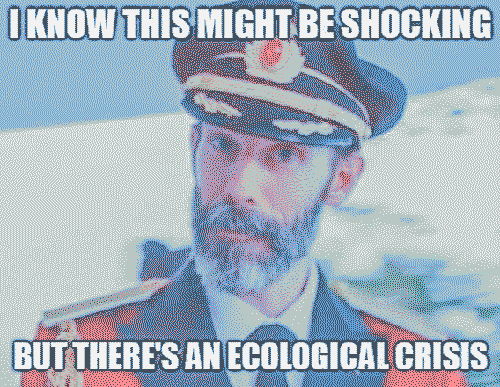“Despite various efforts to halt or reverse the current trend, biodiversity is being lost at an alarming rate across the world. At first sight, biodiversity may be regarded as an ecological issue and a topic of ecological research. However, its loss has economic causes and economic consequences, and economists are increasingly interested in the economic dimension of the loss and the conservation of biodiversity. To encompass the full com-plexity of biodiversity, both its ecological and economic dimensions must be considered in an integrated manner, ideally even together with other scientific disciplines such as hydrology, climatology, sociology, psych-ology and philosophy. Among various concepts for interdisciplinary integration, ecological-economic modelling has proven very fruitful and is gaining relevance and popularity both among ecologists and economists.”*
How do the fields of diverse and ecological economies respond to an ongoing ecological crisis? And how does the crisis inform the hydrofeminist understanding of economies?


* Drechsler, Martin. 2020. Ecological-Economic Modelling for Biodiversity Conservation. Cambridge: Cambridge University Press.
💧Shrimp Love
💧The Hypothetical Eel-centric Atlas on How Humans Have Sex
💧Ecological Economies